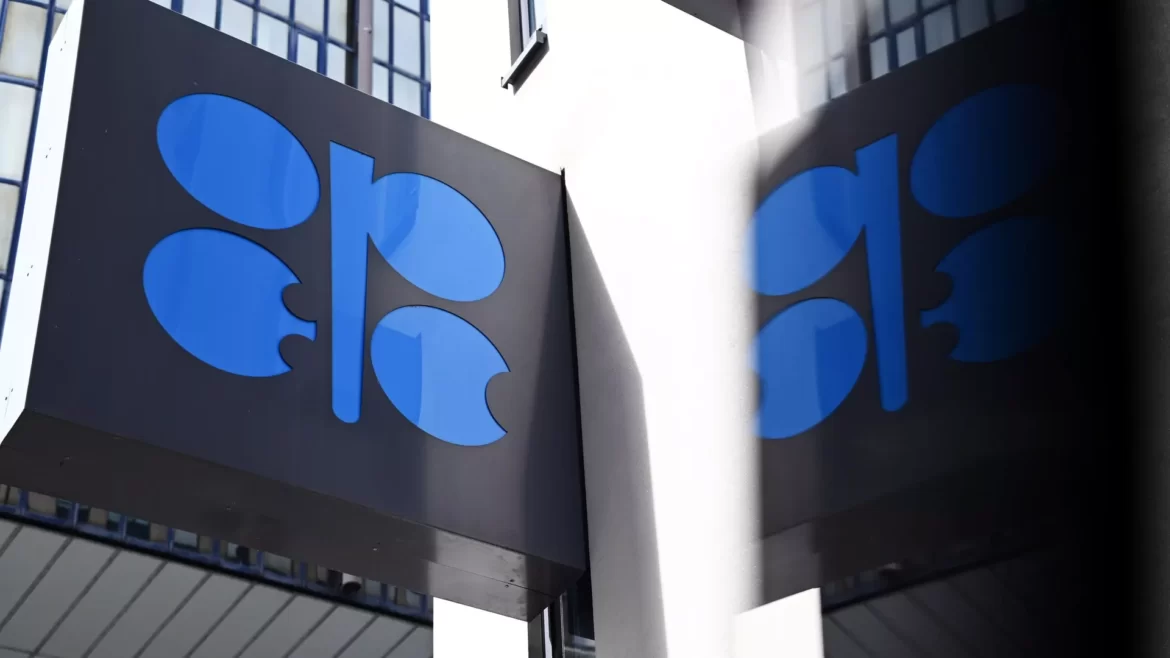Global Times: oil price ceiling won’t have desired effect if OPEC+ cuts production
The OPEC+ alliance led by Saudi Arabia and Russia may come to a consensus on moderate production cuts to keep global oil prices stable, and then a price ceiling on Russian oil would not have the desired effect, remaining just diplomatic propaganda, writes the Chinese state-run Global Times.
Western oil sanctions come into effect on Monday, December 5, as the European Union stops accepting Russian oil transported by sea, while the G7 countries, Australia and the European Union impose a $60-per-barrel price cap on its maritime transportation.
Experts say imposing a crude oil price ceiling is part of sanctions aimed at reducing Russia’s energy revenues to make the Russian economy and the current military operation unsustainable.
Zhang Hong, a junior researcher at the Institute for the Study of Russia, Eastern Europe and Central Asia, Chinese Academy of Social Sciences (CASS), believes that Russia is bound to take strong countermeasures at the diplomatic level as Moscow does not want to lose the ability to determine prices of energy exports, as control over pricing is a major component of economic sovereignty.
“The impact of price restrictions on direct oil trade between Russia and the EU is almost negligible. This is because direct trade between the two sides is almost suspended, and the West is mainly focused on influencing Russian oil exports and negotiating prices with third parties,” Zhang Hong pointed out.
The expert also stressed that “if the price falls further to $30, previously requested by some countries in the region, Russia could cut production, leading to an increase in world oil prices.”
At the same time, experts interviewed by the newspaper predicted another possibility: an OPEC+ alliance led by Saudi Arabia and Russia could come to a consensus on moderate production cuts to keep global oil prices stable.
And according to Zhang Hong, this would “directly lead to the West’s agreement to limit prices not having the desired effect, and would simply be diplomatic propaganda”.
364 total views, 2 views today



